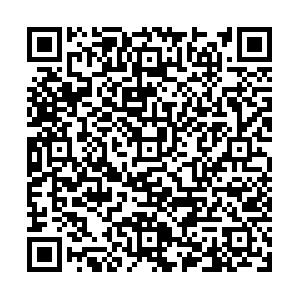Abstract:
Objective Through the evidence-based method, the patients with acute cerebral infarction complicated with hypertension were given effective, scientific nursing intervention, to explore its impact on the patient's neurological function and self-care ability, and provide a feasible plan for clinical nursing.
Methods A total of 104 patients with acute cerebral infarction complicated with hypertension admitted to Huzhou Central Hospital from May 2018 to October 2019 were selected as the study subjects. According to the random number table method, they were divided into control group and observation group with 52 cases respectively. Patients in the control group were given routine nursing, and patients in the observation group were given evidence-based nursing intervention on the basis of the control group. The scores of neurological function, motor function and self-care ability before and after nursing intervention were compared between the two groups, and the nursing satisfaction of the two groups was counted.
Results Before nursing intervention, there was no statistically significant difference in the scores of mini-mental state examination(MMSE), activities of daily living(ADL) and exercise of self-care agency scale(ESCA) between the two groups(all
P>0.05). After nursing intervention, the scores of MMSE and ADL in the observation group were(26.27±2.87) points and(62.37±4.60) points, respectively, which were higher than those in the control group [(21.45±3.41) points,(54.77±4.16) points, all
P<0.05]. The nursing satisfaction of patients in the observation group was 100.0%(52/52), higher than that of the control group [84.6%(44/52),
P<0.05].
Conclusion On the basis of routine treatment, evidence-based nursing can effectively improve the neurological function and motor function of patients with acute cerebral infarction complicated with hypertension, improve the self-nursing ability of patients, and improve the nursing satisfaction.

 点击查看大图
点击查看大图



 下载:
下载:
